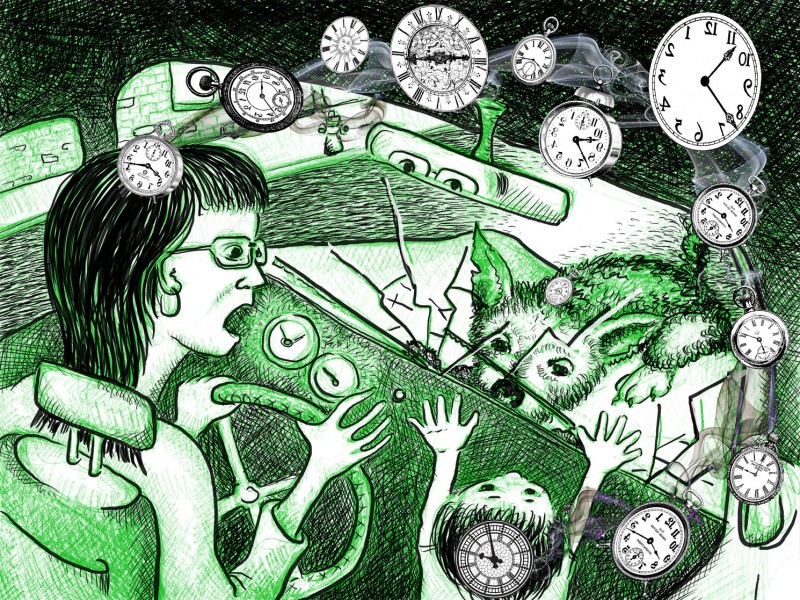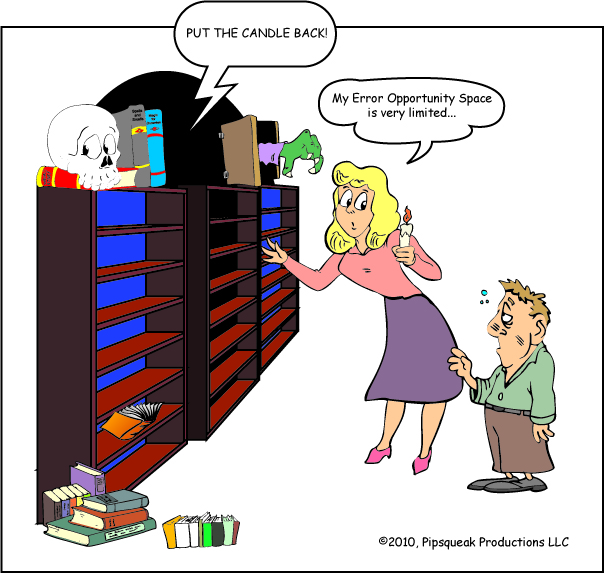
Health Check, the BBC World Service’s weekly round up of global health stories, did an audio broadcast on super-recognizers—people with extraordinary abilities to recognize faces. You can listen to the entire story by Claudia Hammond at http://news.bbc.co.uk/2/hi/health/8665805.stm This story deals with differences in ability to recognize faces. There are people who are so bad at it that it is a pathology—when a mother can’t recognize her child among the pupils in the day care center, it’s more than inconvenient. Then there are all those embarrassing moments when you meet someone at a party for what you think is the first time only to have that person insist that you’ve met before. And the far end of the continuum, there are the super-recognizers—individuals that never forget a face even after a very brief interaction. We only now recognize the fact of super-recognizer, because most of us are not too bad and not too good at facial recognition—we are mostly average. And our average ability to recognize faces limits our ability to spot people who could do better. We were experiencing cognitive blindness—inability to perceive cognitive differences in abilities of others. And super-recognizers, similarly, didn’t know that they were somehow different from…









